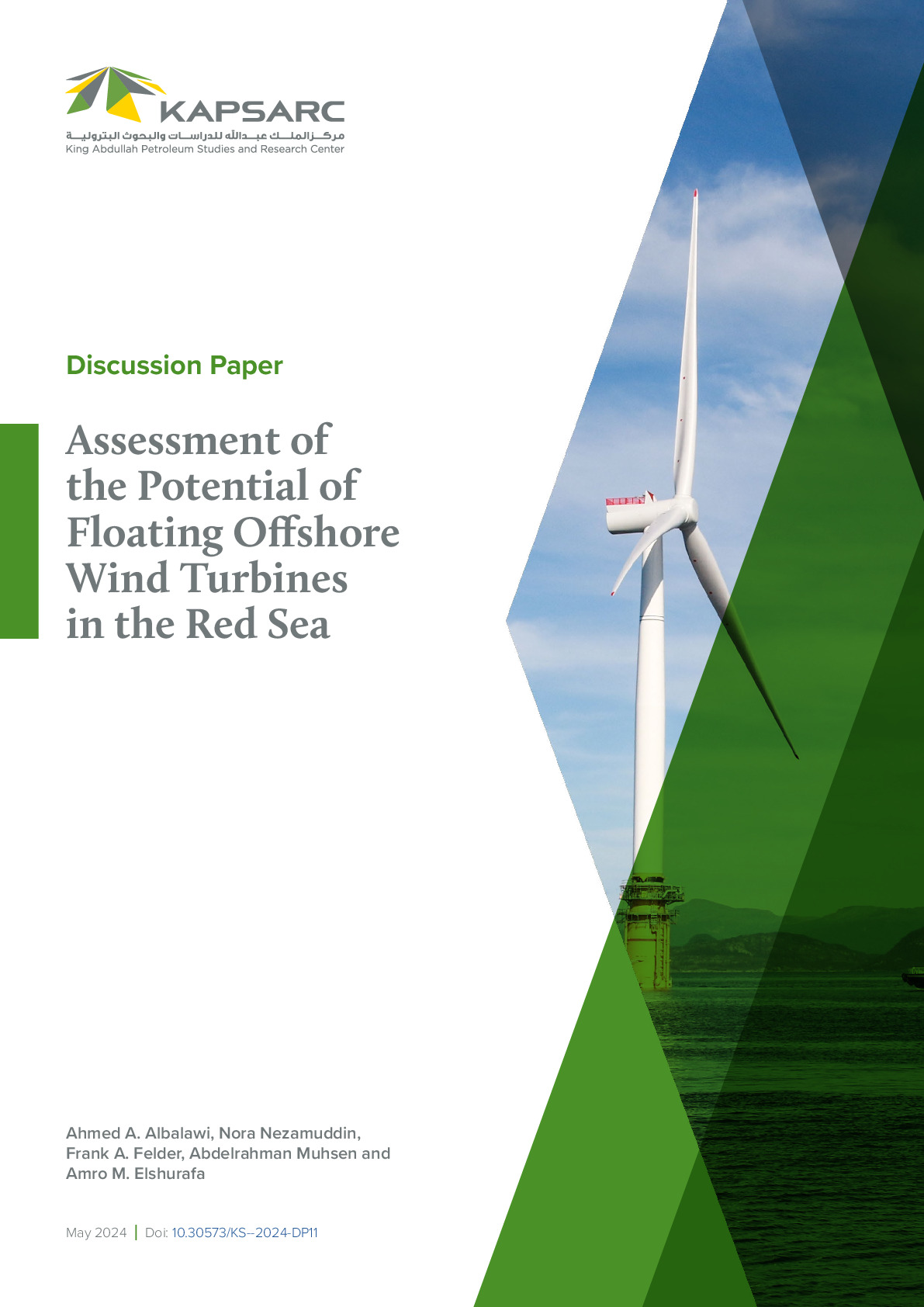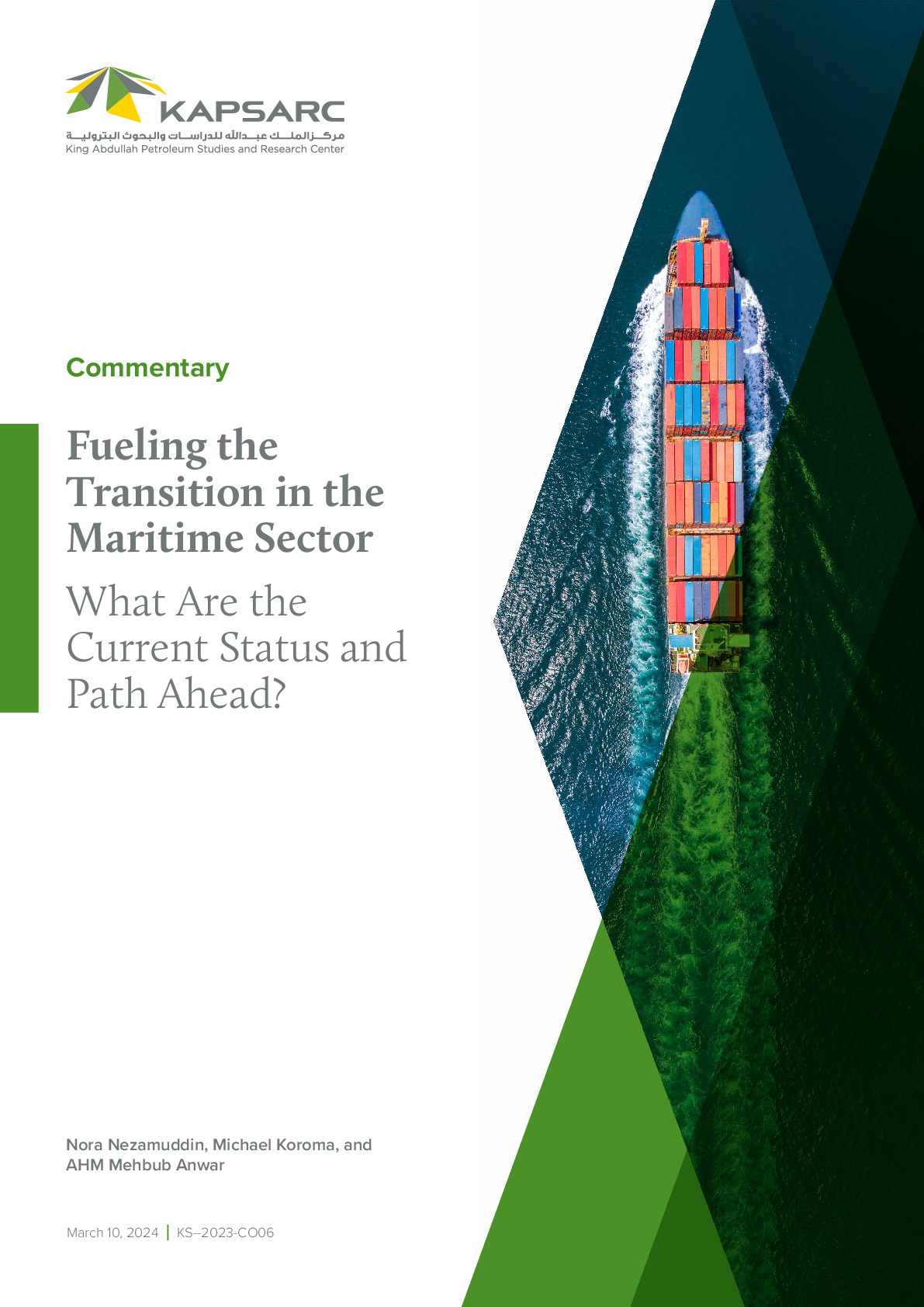The success of any renewable policy can be measured through three parameters: total cost, aggregate installed capacity of renewable technology deployed over the lifetime of the policy and speed at which renewables are adopted. Using these three parameters, this study allows us to explore how policy instruments perform under different market conditions taking into account the impact of price volatility and uncertainty of those investments. This study has a financial perspective, omitting political, institutional and economic barriers that impact on renewable technology deployment. In particular, this paper develops a generator of potential renewable projects, using Spanish onshore wind data. The economic environment for those projects is set using a stochastic future evolution of European electricity prices. Finally, for each project this study calculates, under the five different policies, the expected present value and when is the best moment to commission the project. A relevant insight for policymaker is that, in reality, there is no ‘best policy instrument’ since there are tradeoffs among different policy instruments. Governments must prioritize between the total deployment of renewables, speed of adoption and cost of policies. Our findings show that feed-in tariff, in particular the contract-for-difference, is the policy that yields the fastest adoption of renewables. However, it is also the most expensive policy. The investment credit is the cheapest policy, while at the same time has the slowest pace of adoption with the largest number of laggards. © 2018 The Authors

Fellow I
Nora is a fellow at KAPSARC specializing in transport economics research and energy consumption in the transport sector. Her areas…
Nora is a fellow at KAPSARC specializing in transport economics research and energy consumption in the transport sector. Her areas of interest include energy and transport economics, policy analysis, energy transitions, and sustainable transport. She holds an M.Sc. in Maritime and Air Transport Management, focusing on maritime transport economics research, from the University of Antwerp in Belgium and a B.S.B.A. in Business Administration and International Relations from The American University in Washington D.C.
Expertise
- Energy Economics
- Policy Analysis
- Sustainable Transport
- Energy Transitions
- Energy in Transport and Freight Transport
Publications See all Nora Nezamuddin’s publications

Assessment of the Potential of Floating Offshore Wind Turbines in the Red Sea
The success of any renewable policy can be measured through three parameters: total cost, aggregate…
5th May 2024
Fueling the Transition in the Maritime Sector: What Are the Current Status and Path Ahead?
The success of any renewable policy can be measured through three parameters: total cost, aggregate…
10th March 2024

